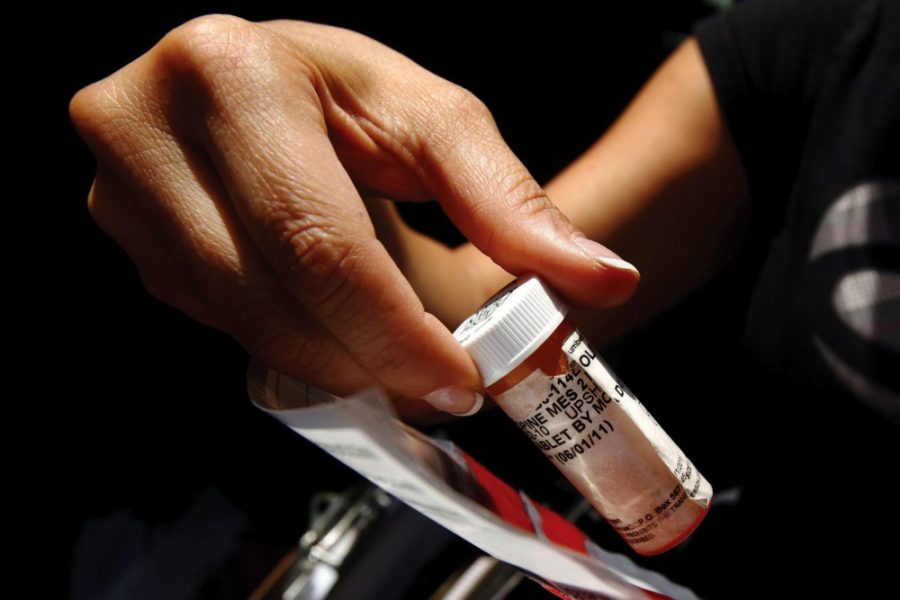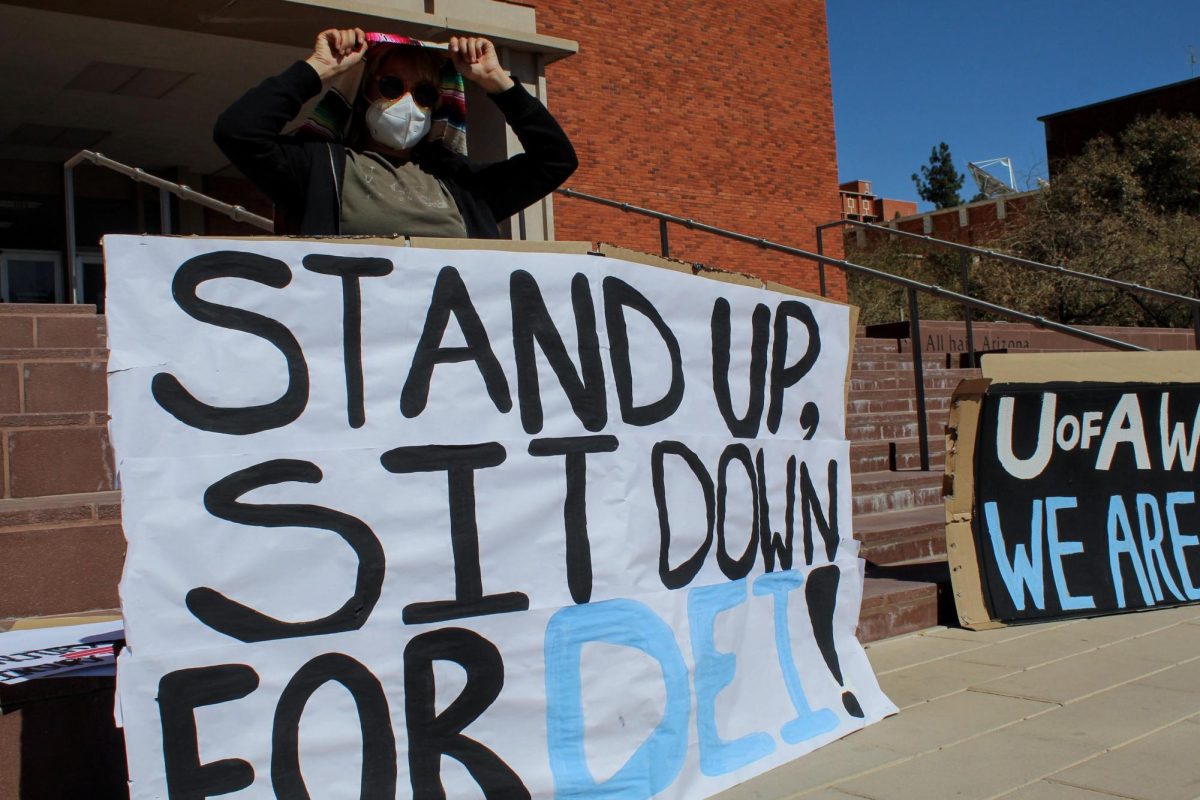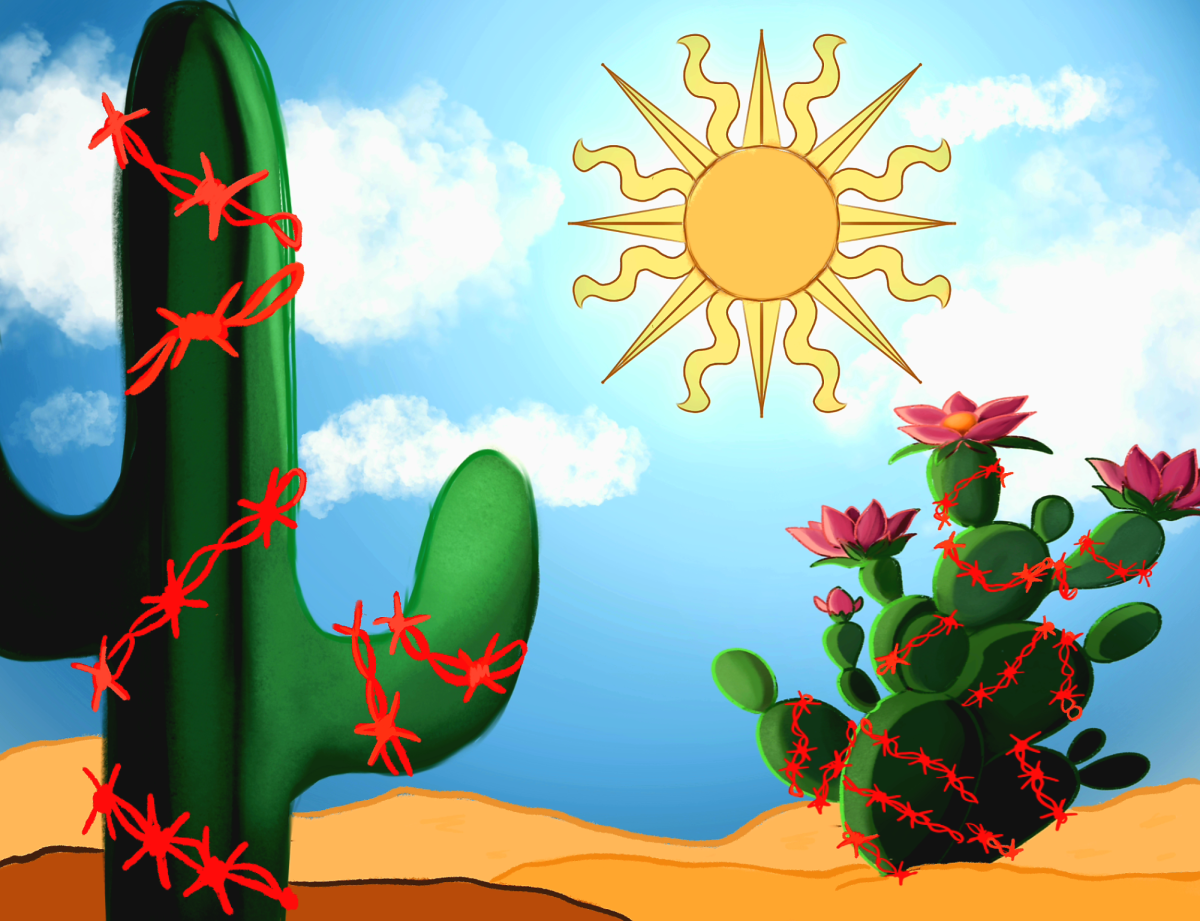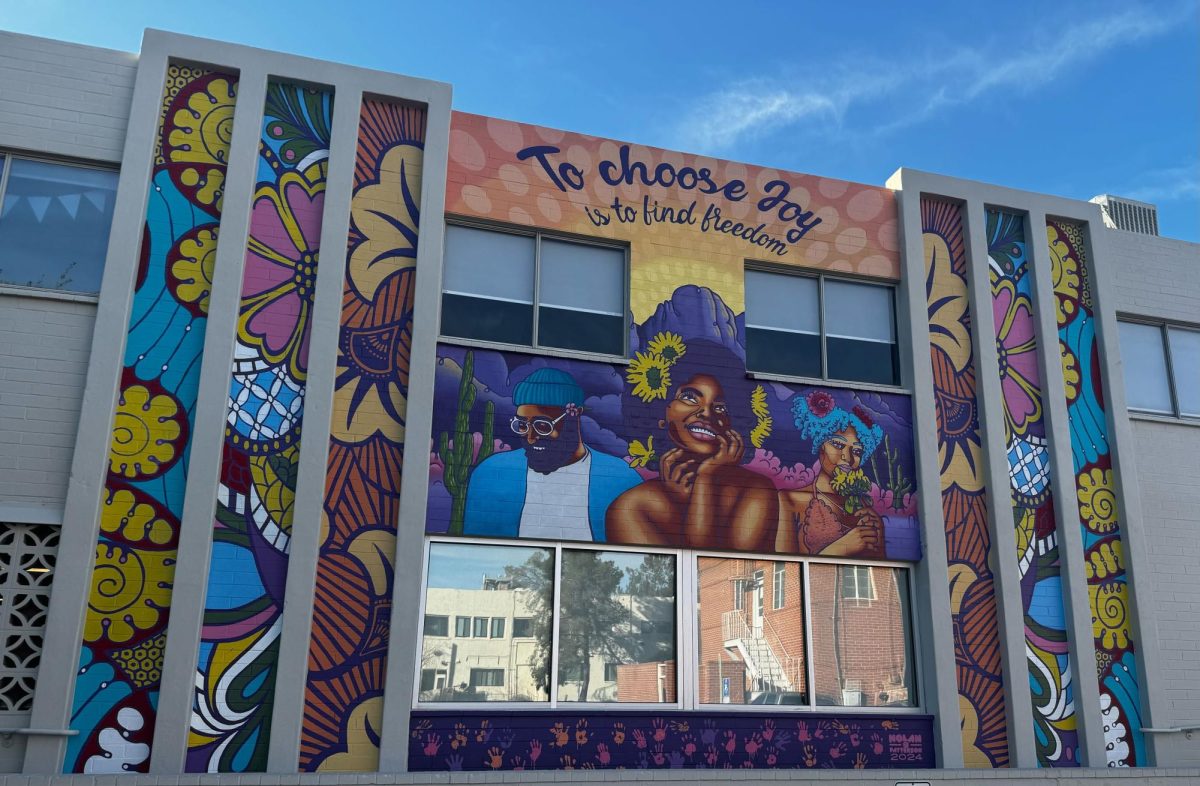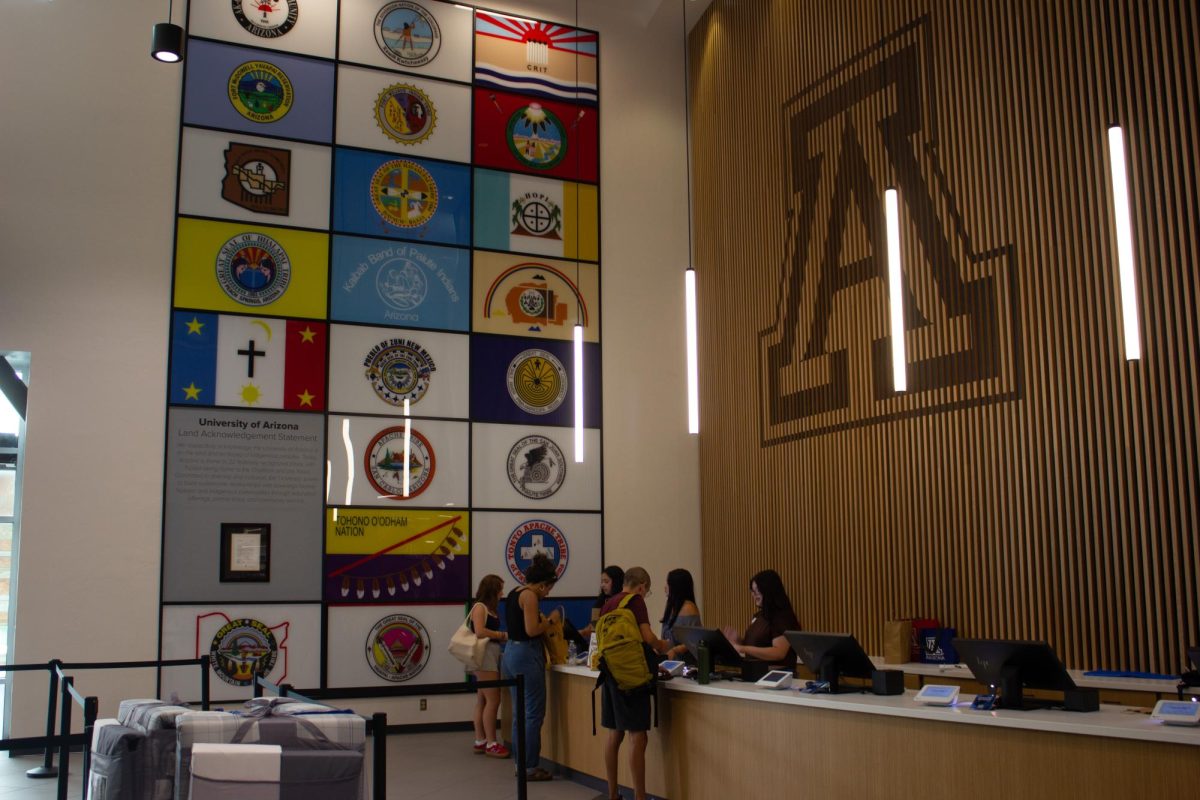The University of Arizona Police Department will hold its biannual “Prescription Drug Take-Back” program event on campus this Saturday from 10 a.m. to 2 p.m.
The event will give community members an opportunity to get rid of their unused and unwanted prescription pills from home. This is UAPD’s third year having the event at its station on First Street.
The event accepts solid prescription medications in their original containers with personal information removed from the prescription labels.
Kim Birmingham, chief pharmacist at the Campus Health Pharmacy, said that the Prescription Drug Take-Back is a good way for people with unused medication to prevent potential drug abuse and to clear cabinet space.
“It’s a great opportunity for people to get rid of medications that have been sitting around … because of the national problem of adults, as well as kids, getting into medicine cabinets and taking opiates or controlled substance medications,” Birmingham said, “but also to get rid of the stuff you’re not using, because a lot of the stuff expires and just sits there.”
Sgt. Filbert Barrera, public information officer for UAPD, said that UAPD has collected over 70 pounds of unwanted prescription medication over the past few years.
Lynne Reyes, substance abuse and prevention counselor at Campus Health Service, said that in the first quarter of this year, the Tucson Police Department collected over 371 pounds of unwanted prescription medication.
“The UA could add to that number with the … expired or unfinished medication,” Reyes said.
Reyes added that students should be aware and mindful of the potential consequences of having prescription medication while they live in close quarters, such as dorms, in case someone takes the medication and abuses it.
“Abuse of prescription medication is on the uprise,” Barrera said. “This helps keep unused medication out of cabinets, where there can be a temptation to use them.”
Keith Boesen, director of the Arizona Poison and Drug Information Center, said that the take-back event is incredibly important for the community.
“This is so critical [because] the number one cause of accidental death in Arizona is poisoning and drug overdose,” Boesen said.
Boesen added that there is no mechanism for unwanted medication to go back “upstream.”
“Once [doctors] give you the medicine, you go home with this idea that once you go home you’ll take everything,” Boesen said. “Well, it turns out that a lot of people don’t take everything. It doesn’t go back to the pharmacy because they can’t take it back, it doesn’t go back to the doctors because they can’t take it back, so what happens [to the medicine] is that it usually just ends up piling up in people’s medicine cabinets.”
If students are interested in recycling and sustaining a safe environment, Reyes said, they should properly dispose of unwanted prescription medication rather than flush it into the water system.
In case people aren’t able to make the event, Barrera said that the Drug Enforcement Administration, which is holding its national prescription drug take-back day this Saturday as well, suggests that people grind up their unwanted medication, mix it with ground up coffee and wrap it in old newspaper. If people are free, Barrera said that he wants as many people to attend as possible.
“We hope that people will take advantage of this opportunity to rid the community and help do their part of disposing medication that could be misused,” Barrera said.
Follow Katya Mendoza @katya_nadine



